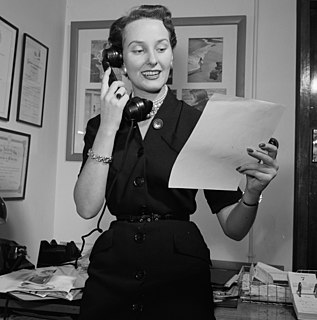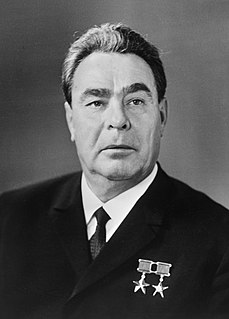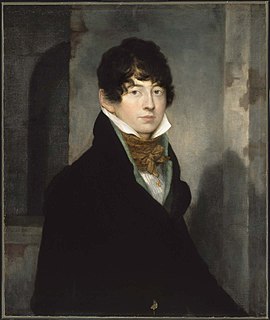A Quote by Judith McNaught
I think we women underrate ourselves when it comes to our courage and strength.
Related Quotes
We need courage and strength, a kind of warrior spirit. But the place for this warrior strength is in the heart. We need energy, commitment, and courage not to run from our life nor to cover it over with any philosophy-mate rial or spiritual. We need a warrior’s heart that lets us face our lives directly, our pains and limitations, our joys and possibilities.
Courage is a heart word. The root of the word courage is cor - the Latin word for heart. In one of its earliest forms, the word courage meant "To speak one's mind by telling all one's heart." Over time, this definition has changed, and today, we typically associate courage with heroic and brave deeds. But in my opinion, this definition fails to recognize the inner strength and level of commitment required for us to actually speak honestly and openly about who we are and about our experiences -- good and bad. Speaking from our hearts is what I think of as "ordinary courage.
I'm very much for helping create women who are going to be successful women. I don't like women who imitate men, who want to emasculate men. I think women should be feminine. That does not mean a 'air-brain' or someone who is not strong. I think real strength is strength of character, not the ability to push everyone around.
We bow our heads in respect for those Soviet women who displayed exceptional courage in the severe time of war. Never before but during the days of the war the grandeur of spirit and the invincible will of our Soviet women, their selfless dedication, loyalty and affection to their Homeland, their boundless persistence in work and their heroism on the front manifested themselves with such strength.
We have to nurture our young women and understand the beauty and the strength of being a woman. It's kind of a catch-22: Strength in women isn't appreciated, and vulnerability in women isn't appreciated. It's like, 'What the hell do you do?' What you do is you don't allow anyone to dictate who you are.
The love of wisdom is a way of life; that is to say, it's a set of practices that have to do with mustering the courage to think critically about ourselves, society, and the world; mustering the courage to empathize; the courage, I would say, to love; the courage to have compassion with others, especially the widow and the orphan, the fatherless and the motherless, poor and working peoples, gays and lesbians, and so forth - and the courage to hope.
No woman is really an insider in the institutions fathered by masculine consciousness. When we allow ourselves to believe we are, we lose touch with parts of ourselves defined as unacceptable by that consciousness; with the vital toughness and visionary strength of the angry grandmothers, the fierce market women of the Ibo's Women's War, the marriage-resisting women silk workers of pre-Revolutionary China, the millions of widows, midwives, and the women healers tortured and burned as witches for three centuries in Europe.
As we make and keep commitments, even small commitments, we begin to establish an inner integrity that gives us the awareness of self-control and the courage and strength to accept more of the responsibility for our own lives. By making and keeping promises to ourselves and others, little by little, our honor becomes greater than our moods.
If contemplation of other people's pain just increases distress, then I think we should see it in another way. If we don't center too much on ourselves, then [we] increase our courage and our determination to remedy the pain, not our distress. If we have unconditional compassion, then it increases our courage. So that's the difference, self-centered motivation versus altruistic motivation.
Prayer requires that we stand in God's presence with open hands, naked and vulnerable, proclaiming to ourselves and to others that without God we can do nothing. As disciples, we find not some but all of our strength, hope, courage, and confidence in God. Therefore, prayer must be our first concern.


































